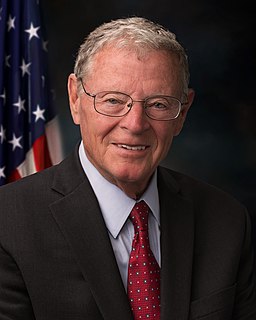A Quote by Ariel Sharon
Close to 80 percent of all terrorist activity in Samaria was directed and financed either by Hizbullah or the Iranians. Iran continues to increase its involvement in terror attacks inside Israel, particularly through a small but radical minority of Israeli Arabs which Iran supports and directs.
Related Quotes
There has always been a confusion in the West about -Islam and about the Middle East and the assumption that the countries are Arab. Iranians very much object to that. They are very proud of their own history, but they have this real inferiority-superiority complex thing about the Arabs and the position of Islam in Iran. One of the reasons why Shi'a Islam is so entrenched in Iran is because it has allowed the Iranians to distinguish themselves from the Arabs, who are mostly Sunni.
For years, Israeli and American intelligence agencies assumed that if Iran were to gain the ability to build a bomb, it would be a result of its relationship with Russia, which was building a nuclear reactor for Iran at a site called Bushehr and had assisted the Iranians in their missile-development program.
The Saudis are so happy. People don't understand, the Saudi Arabian government - kingdom - hates Iran. They're scared to death of Iran. That's Shi'a versus Sunni Muslim, and the Iranians are Persians. They're not Arabs. So it's a double whammy. There is no love lost, and the Saudis have been petrified over Barack Obama's peace dance and nuclear dealings with the nation of Iran. They are ecstatic to have Donald Trump.
Israel has legitimate concerns about its security relative to Iran. I mean, you have a large country with a significant military that has proclaimed that Israel shouldn't exist, that has denied the Holocaust, that has financed Hezbollah, and as a consequence, there are missiles that are pointed towards Tel Aviv. There are very good reasons why Israelis are nervous about Iran's position in the world generally.
After the revolution of 1979, Iran embarked on a policy of sectarianism. Iran began a policy of expanding its revolution, of interfering with the affairs of its neighbors, a policy of assassinating diplomats and of attacking embassies. Iran is responsible for a number of terrorist attacks in the Kingdom, it is responsible for smuggling explosives and drugs into Saudi Arabia. And Iran is responsible for setting up sectarian militias in Iraq, Pakistan, Afghanistan and Yemen, whose objective is to destabilize those countries.
In the United States, Iran is nothing but a whipping-boy. Few Americans have any real use for Iran. Most of us, what we know and remember about Iran are things like the hostage crisis in 1980, or they think about the Iranian attacks in Lebanon, or on the Khobar Towers. So you don't get a whole lot of political mileage in the United States by going out and advocating better relations with the Iranians.
Take a look at the Supreme Court decision that just authorized an effort by U.S. claimants against Iran for terrorist acts. What are the terrorist acts? The terrorist acts are bombings of U.S. military installations in Lebanon and Saudi Arabia, which Iran is claimed to have something to do with. Well suppose they did. That's not terrorism. I mean if we have a military base in Lebanon that while we're shelling Lebanese naval ships, the Navy is shelling Lebanese installations and somebody attacks [that's not terrorism].





































